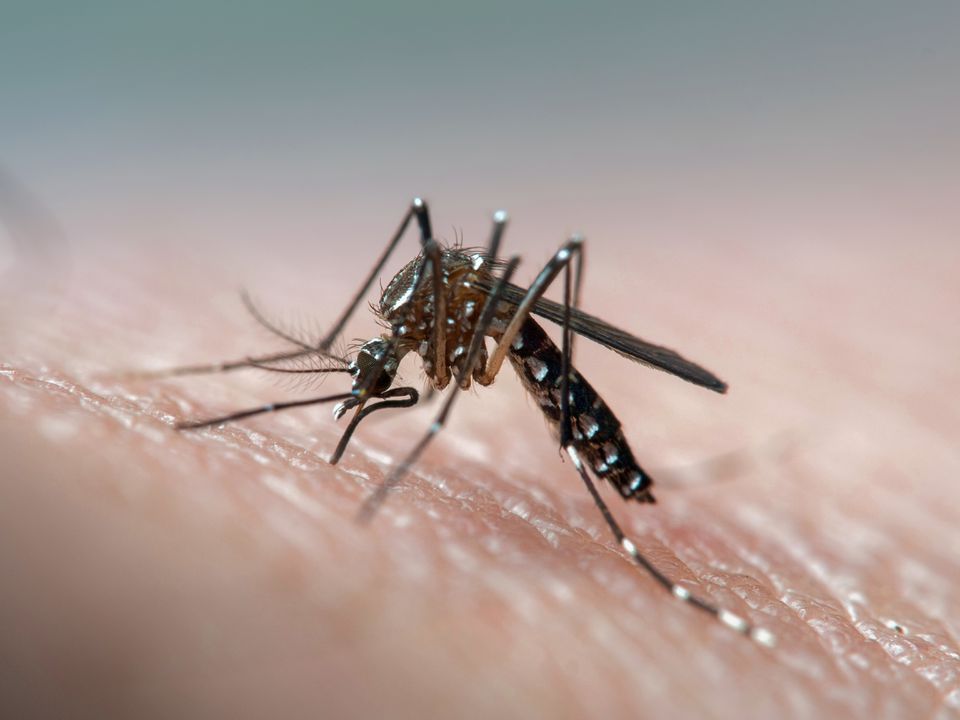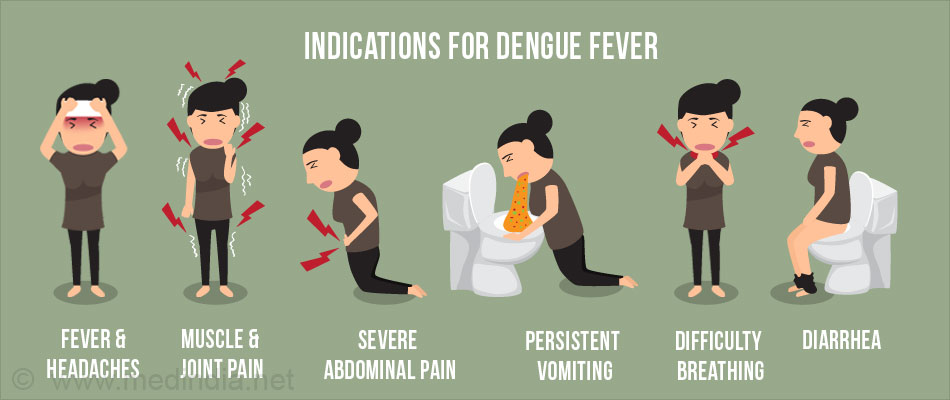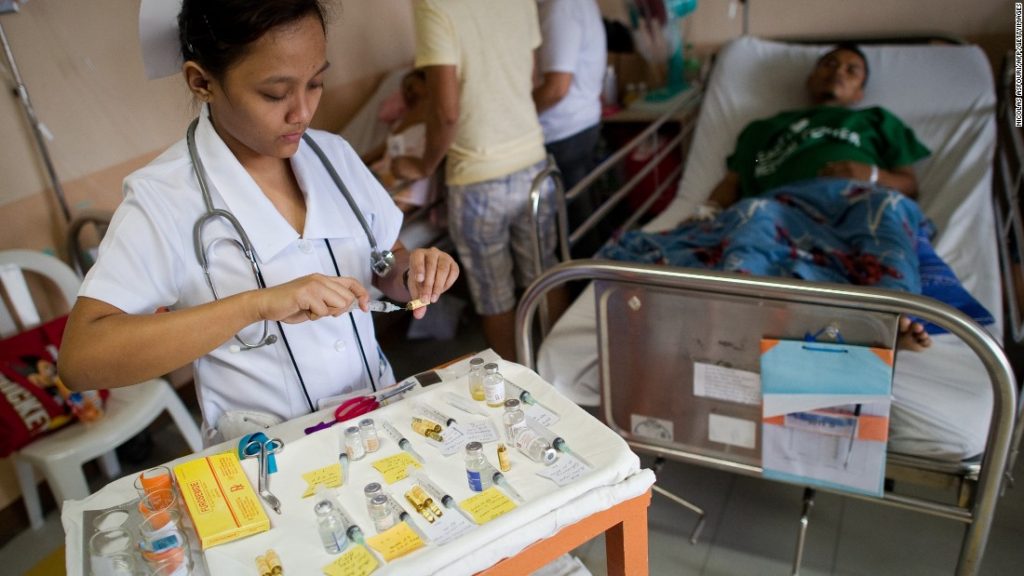In this rainy weather, Indonesia is having a dengue fever epidemic. This has been the case for a few years despite the government’s efforts at fogging frequently.
Dengue fever is preventable just by taking care of your home and environment. Also be aware that when one member of the family has dengue fever, it means that your house is infested with mosquitoes spreading this disease.
What is Dengue Fever?

Dengue fever is a viral infection caused by four viruses (DENV-1, DENV-2, DENV-3, DENV-4) belonging to the Flaviviridae family. This virus is especially carried by a certain type of mosquito, the Aedes aegypti and Aedes albopictus. These mosquitoes are especially prevalent during rainy weather in tropical countries. People should especially be aware from the rainy season of November to May.
Although it is not lethal to a healthy person, it can immobilize a person for a certain amount of time and cause discomfort.
Signs of Dengue Fever

The first signs of dengue fever can be seen by chills, high fever, severe headaches, backaches, pain behind the eyes, lassitude and many also experience weakness. Adults will especially suffer from joint pain, muscle ache and back pains. One’s fever can reach up to 40°C (104°F), with possible drop in heart rate and blood pressure.
On the 2nd and 6th day of infection, symptoms may escalate to nausea, vomiting, skin hypersensitivity, swelling of lymph nodes, swelling in the palms, changes in taste sensation, loss of appetite, constipation, anxiety or depression.
The person may improve two to four days afterwards with a sudden drop in body temperature and somewhat improve over 24 hours. There will be another rise in temperature along with bright red rashes all over the body. Skin will peel and will often blanch under pressure. In extreme cases, bleeding can occur in the gastrointestinal tract while excessive vaginal bleeding can occur during menstruation.
Younger children experience much milder symptoms of dengue fever, including a red throat, a runny nose, cough, and mild gastrointestinal symptoms similar to pharyngitis, influenza, and upper respiratory infections.
Taking Care of People with Dengue Fever

Like any sick person, patients with dengue fever should take some rest and given the proper treatment.
Here are some of the things that you can do to care for patients with dengue fever:
- Note the symptoms
Monitoring the symptoms of the person can help out later on, when the doctor is going to diagnose the patient. Several things that you must note include the fluid intake, symptom progression, number of times urine passed, temperature or any significant body changes.
- Give them a proper, nutritious diet
The key to fast recovery is eating a good, nutritious diet. We recommend foods and vegetables rich in Vitamin C, coconut water, herbal teas, vegetables juices, porridge, soups, neem leaves, oranges, etc. After getting better, patients are still advised to follow through with the diet in order and keep up with the required supply of vitamins, minerals, proteins and fats. Avoid giving them oily or spicy foods as it can further irritate their stomachs.
- Follow Doctor’s orders to a T
After the prior diagnosis by the doctor, make note of the medicines that had to be taken by the patient. Be more aware of the medicines taken and make sure that doctor’s instructions are followed to a T.
- Enough Rest is paramount
Patients with dengue fever can attest that this viral infection can cause overwhelming fatigue. For that reason, those who are suffering from it must take good amount of rest and sleep.
- Replenish lost fluid
Dengue fever can give symptoms that would make the patient lose a lot of body fluid. Taking in lots of fluid would replace the fluids that they lose, help flush out toxins, boost digestion and promote antibodies to aid a speedy recovery. Some drinks recommended are water, fruit juices, soups and other fluids. You can also prepare a juice by making use of papaya leaves and give this to dengue patients once or twice a day. Papaya leaves help to increase the platelet count which thus helps in recovering from the disease.
- Cool the skin with a sponge
When high fever occurs, you can also sponge the patient’s skin with cool water. Take a washcloth, soak it in cool water and put it on their forehead.
Tips to Prevent Dengue Fever

Currently there is no vaccine to prevent dengue fever from infecting humans. The only way to prevent it is through careful prevention. Here are several ways to prevent dengue fever:
- Maintain hygiene for the environment. Homeowners should be especially aware of still waters, as that is where mosquitoes would flourish and possibly lay their eggs. Clearing the neighborhood of ponds & pits.
- Wearing long sleeved shirts and pants would prevent the mosquitoes from biting you, limiting the chances of dengue fever. Go a step further by having insect repellent at your home.
- Covering all water containers and removing any objects that can trap rain water.
- Filling in or draining areas where there is stagnant water. Aerated swimming and ornamental pools can be left as it is.
- Start using larvicides or purchase larvae-eating fish to put in waters that cannot be drained.
- Installing mosquito screens on doors and windows. Optionally, you can have mosquito netting over beds.
- If you have a flower pot, change the water in flower pots regularly once a week after thorough washing.
- Try to not to be too liberal in spraying toxic materials intended for mosquitoes. Unless you are aware of the possible risks of using a lot of insecticides, doing that might create resistance in the population of mosquitoes.
- Follow the instructions to create an effective mosquito netting (especially needed if your living space is not air-conditioned). You can have added and longer amounts of protection if you soak the netting in 1% solution of permethrin or other repellent/insecticide. Curtains can also be treated the same way if you are living in an area with higher chances of malaria.
- Target cool, dark places when using mosquito coils and knockdown spray containing pyrethoids.
- Avoid dark-colored clothing, wearing perfumes and colognes in the evening and night, as these attract mosquitoes.
Dengue fever may seem like a widespread epidemic, however there are many ways to prevent it from occurring at our homes. Keeping hygiene, regularly checking for still waters and taking preventive measures for mosquito bites are just some of the effective ways to make sure that your home is mosquito-free.
Have you ever nursed a dengue fever patient? Do you have any other tips to prevent dengue fever? Share us your tips and experiences in the comments section below!





